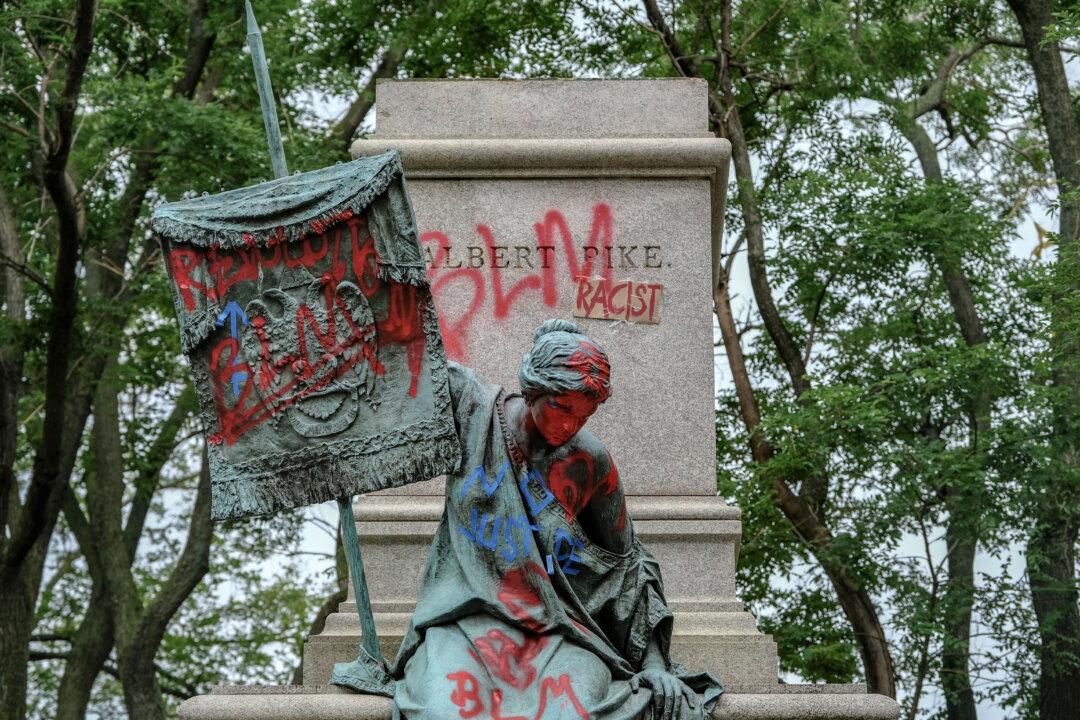A Nashville suburb is suing the Tennessee Historical Commission over a decision that blocked the city from renaming five streets because the commission considered them “monuments” under Tennessee law.
The city of Forest Hills, approximately 10 miles southeast of downtown Nashville, filed a petition with the historical commission in April 2022 to receive a waiver to the law for name change purposes.





